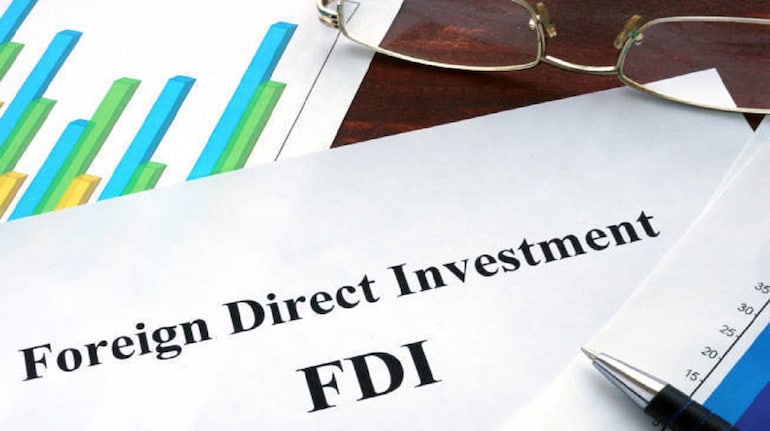



It is now an open secret why a major deal in the private sector banking space is getting delayed. According to senior bankers involved in the deal, there was quite a lot of interest in Yes Bank, but the terms asked by potential buyers seemed a distant reality. More often than not, this is the case with many of the M&A deals in the banking space. The time has now come to rethink this approach for two reasons.
The common thread that links asset management businesses, popularly known as the mutual funds business, securities trading, insurance, and banking is that they deal with public money. Except for banking, the other three businesses have fully opened the doors to foreign direct investment, with the latest addition being the insurance sector, thanks to the recently passed Union Budget. 100% FDI in the insurance industry is now a reality.

When all these industries deal with public money, why should the banking sector be treated differently when it comes to FDI norms?
Foreign Direct Investment in Banking
At present, foreign money can enter the banking space in two ways. The first is the simple route, where FDI investments require approval from the RBI and the government, and it is capped at 74 percent of the bank’s total paid-up capital. But it’s still not as easy as it seems.
For any investor to buy up to a 5 percent stake in a bank, it can be done through an open market transaction. However, to increase the stake to 10 percent, regulatory approval is required. Current laws do not permit a single investor to hold more than a 10 percent stake unless the situation warrants it. In other words, only in dire distress cases is an investor allowed to breach the "holy 10 percent" mark with the blessings of the central bank. It becomes tricky in the case of promoters, where voting rights in a bank are restricted to 26 percent, irrespective of the absolute stake held.
This isn’t appealing to most investors, though the RBI has upheld this principle for long. Even in the case of CSB Bank, when Prem Watsa’s Fairfax Holdings bailed out the bank, despite the stake being upwards of 50 percent, voting rights were capped at 26 percent.
The second available option, if one wants to take full control of a bank, is setting up a wholly owned subsidiary in India – a route that DBS Bank took and subsequently took over Lakshmi Vilas Bank at zero cost as part of the latter’s bailout package.
To summarise, the approach to FDI at present is all or nothing. In a sense, the institutional memory of the RBI over the last 30 years with foreign banks may also be responsible for the strict policies on foreign capital.
Future of Foreign Capital in India
Sometimes as part of global restructuring plans, or other times when Indian operations don’t function well, we’ve had foreign banks scale down in the country. There are numerous examples to back both cases – whether Citibank’s decision in 2021 or ING Group and ANZ Grindlays years ago – which don’t particularly comfort the regulator, as foreign money and commitment from foreigners are not always permanent.
But, as valid as this concern may be, the time has come to find alternatives to work around these fears. After all, these are commercial decisions that banks, owing to their corporate responsibility, end up making. For banks, like any other business, it is also commercial. Although heavily dependent on deposits, when the rest of the sectors have found ways to embrace 100 percent foreign capital, how long can banks remain an exception?
Apart from Yes Bank, there could be a few more banks desperately seeking capital in the years to come. Opening the sector to foreign capital could be a viable solution, especially when the country is not yet ready to embrace Corporate India promoting banks.
Discover the latest Business News, Sensex, and Nifty updates. Obtain Personal Finance insights, tax queries, and expert opinions on Moneycontrol or download the Moneycontrol App to stay updated!
Find the best of Al News in one place, specially curated for you every weekend.
Stay on top of the latest tech trends and biggest startup news.